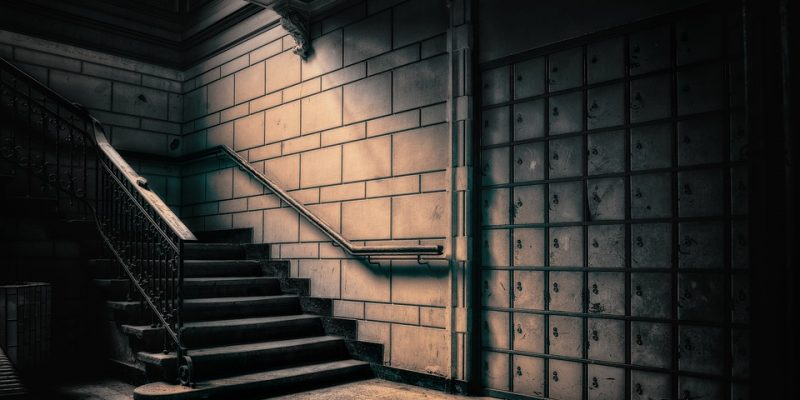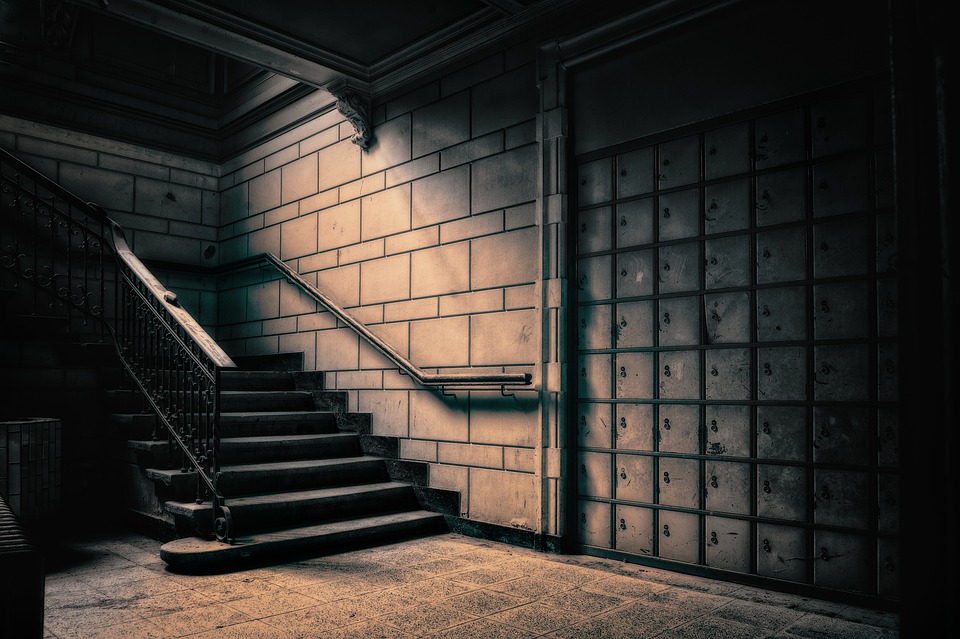Basements are often neglected when it comes to home maintenance. Most people don’t think about protecting their basement until they start having water problems and the damage has already been done. The good news is that there are some easy steps you can take to protect your basement against water damage! This article will discuss how to do so by providing a handy guide on the topic. Here are the tips.
Use a Sump Pump
One of the most important things you can do to protect your basement against water damage is to use a sump pump. This will help remove excess surface and groundwater that might seep into the cracks in your foundation. With a sump pump, you will be able to remove any water that accumulates before it does too much damage.
When choosing a pump, there are several factors you need to consider, including the size of your basement, the amount of water that typically accumulates in it, and how quickly you want to remove the water. Having a professional come out for an inspection can help you choose what kind is right for your home.
Install French Drains
Another way to protect your basement against water damage is by installing french drains around its perimeter. French drains are designed to drain away any groundwater that might accumulate, pulling it through the soil and out of your home. This helps you remove the excess water before it causes damage to your basement.
However, it is essential to work with a contractor who has experience installing french drains. This will help ensure you get the best quality work for your home, as well as protect against any potential damage to nearby utilities. If possible, let them access your basement before doing any work.
Install a Waterproof Seal
You should also consider installing a waterproof seal around your basement windows and doors. This will help keep the moisture from entering through these areas as well as further protection against flooding. If there are already cracks present, you will need to seal them off before applying the waterproofing.
To do this, remove any dirt on top of the window or door frame and apply a layer of tar paper over it with roofing nails around its perimeter. Then cover that area with more tar paper as well as heavy-duty plastic sheeting. Secure all these materials with roofing nails, and you should be good to go!
Don’t Clog the Drains
Be sure that you do not clog up the drains in your home. This is an easy way to protect against water damage because it will help prevent any additional water from getting into your basement. However, this also means ensuring you don’t dispose of anything down them, like cooking grease or other debris. Doing so can clog up the drains and prevent them from draining properly.
In addition to considering these tips, you should also consider calling a professional if your basement is already experiencing water damage. This will help ensure that all of the excess moisture is removed before it causes any permanent damage to your home’s structure or foundation.
Reduce Water Usage
Be sure not to overuse water around your home. Any excess will go down the drain and accumulate in your basement, causing additional damage! If you can reduce how much water you use daily, that would be great for protecting against potential future problems with flooding or other issues.
You should also consider installing a low-flow showerhead and water-efficient toilets. This will help reduce the amount of excess you use around your home, making it easier to protect against future flooding issues. For instance, backyard irrigation is one of the biggest culprits for excess water usage, so consider switching that to a drip system instead.
Inspect Your Basement Regularly
Regular inspections can help you protect your basement against water damage. This will allow you to quickly identify and fix any potential issues before they become significant problems. For example, checking for cracks in the foundation or seepage around windows and doors is an excellent way to keep up with this task on an ongoing basis.
When inspecting your basement, you will want to look at the walls, floors, and ceiling for any signs of water damage. If there are stains on these areas or if it smells musty down here, that is an indicator that you have some issue with moisture. You should also consider taking off any wallpaper in this area because it can contain mold spores, which are another sign that you need to do something about the excess moisture.
In conclusion, there are many tips you can follow to protect your basement against water damage. Finding the right contractor is essential, as well as using low-flow appliances around your home and making sure not to overuse water in general. Regular maintenance checks will also help ensure that any seepage or other issues don’t become major problems down the road.












